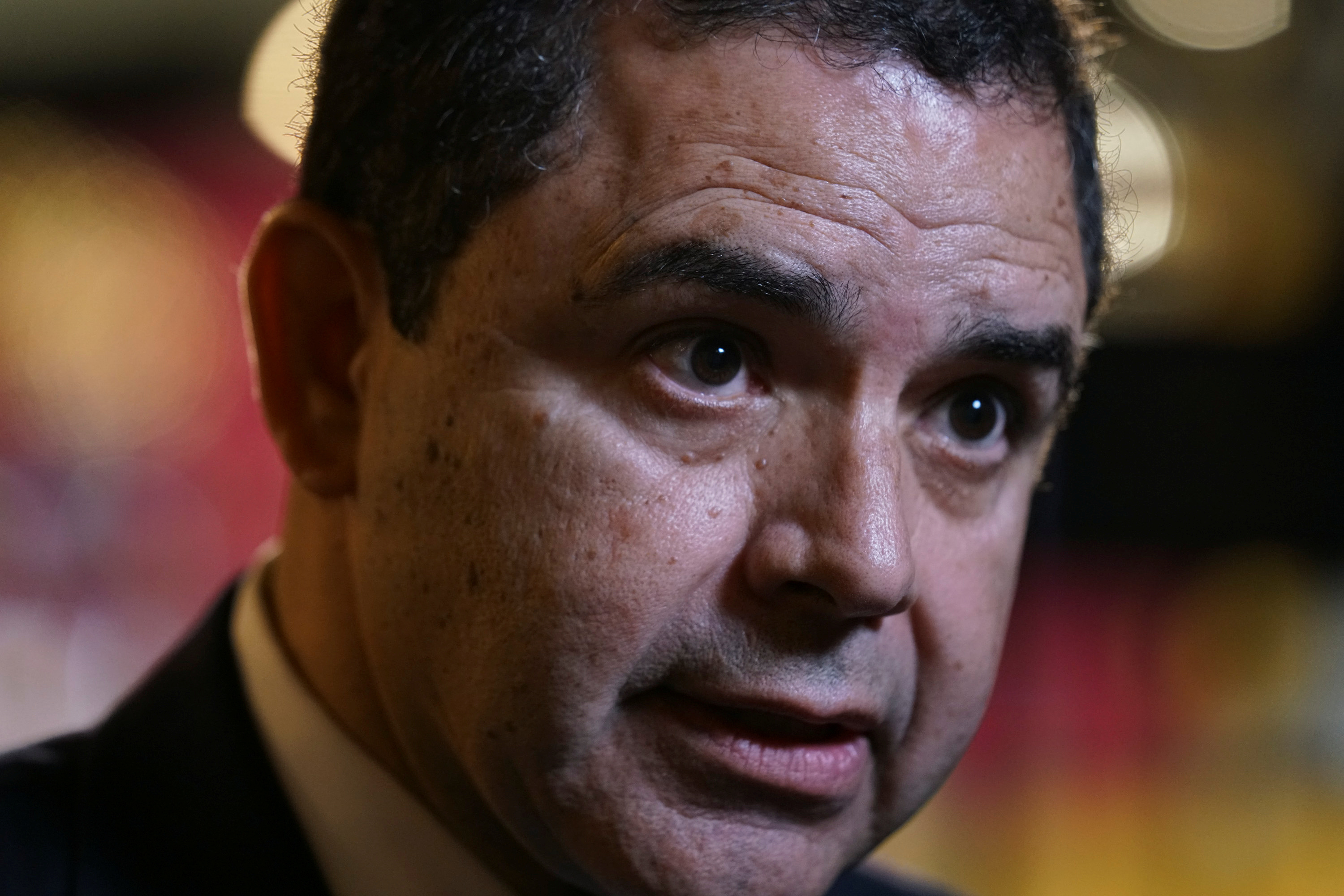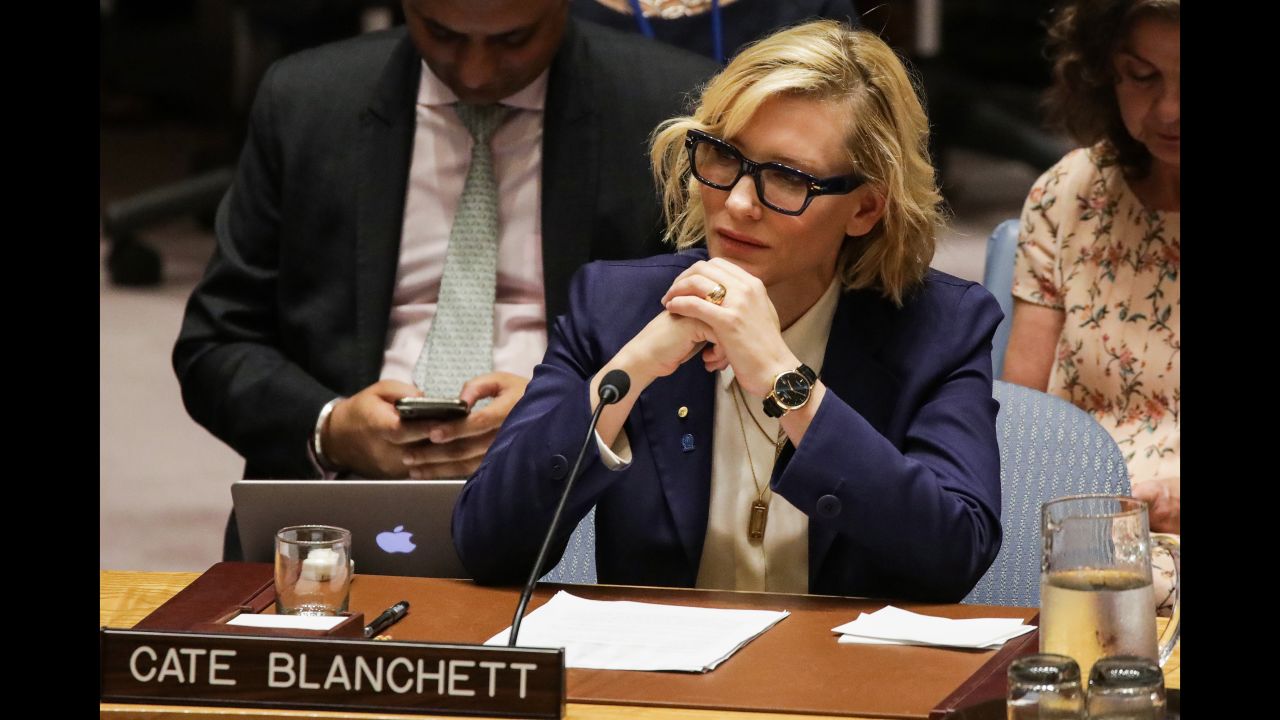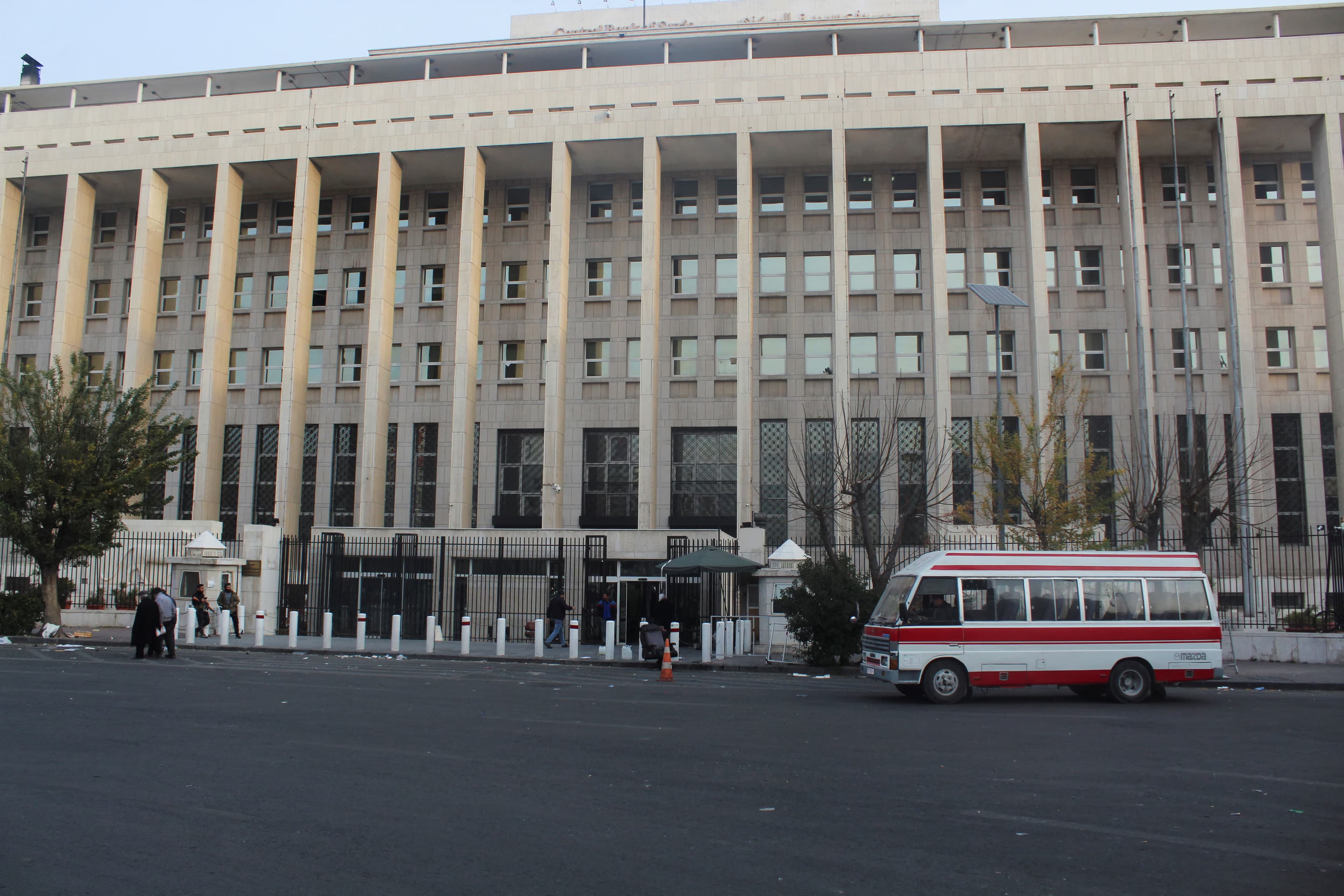The Syrian civil war has devastated not only the country’s infrastructure but has also left a lasting scar on its diverse communities. Among them, the Jewish population faces unique and harrowing challenges, exacerbated by a history of oppression and exclusion. The narrative of Henry Hamra, who left Syria at 15 years old, encapsulates the broader plight of the Jewish community, which has been largely forgotten amidst the chaos.
Historical Context of Jewish Displacement
According to Reuters, the Jewish community in Syria has roots that stretch back thousands of years, making it one of the oldest Jewish communities in the world. However, decades of political repression, particularly under the regime of Hafez al-Assad, led to systematic discrimination and the eventual exodus of most of its members. As Hamra recalls, the lifting of a travel ban was a bittersweet moment, allowing families to escape but severing their ties to their homeland.
Current Conditions and Ongoing Struggles
As reported by Britannica, the ongoing civil war has created an environment rife with violence, economic instability, and humanitarian crises. For the remaining Jewish population, the fear of persecution looms large. The recent bombing of Mar Elias Church in Damascus, which killed at least 20 people, serves as a stark reminder of the sectarian violence that continues to plague the country. In this context, the hope for a safe return to their ancestral land feels increasingly like a distant dream.
\n\n
Democratic Representative Henry Cuellar carjacked in Washington D.C ...
Environmental Justice in a War-Torn Landscape
The intersection of environmental degradation and social justice becomes painfully evident when examining the impact of war on Syria’s landscapes. Water scarcity, deforestation, and air pollution have surged as a result of both the conflict and the neglect of environmental policies. This deterioration disproportionately affects marginalized communities, including the Jewish population, who often lack the resources to adapt to these changing conditions. Access to clean water and safe housing has become a privilege rather than a right, further entrenching social inequities.
Global Response and Responsibility
As the world watches Syria descend deeper into turmoil, the international community faces pressing moral questions. Are we doing enough to advocate for the rights of displaced populations, particularly minorities like the Jews of Syria? The lack of actionable strategies to address the historical injustices faced by these communities not only reflects a failure in humanitarian policy but also a broader indictment of our global values. The need for accountability and support for oppressed groups is more urgent now than ever.
\n\n
The week in 28 photos | CNN
Future Prospects for Syrian Jews
The story of the Syrian Jewish community is emblematic of the broader struggles faced by minorities worldwide. As reported by The World Factbook, the current demographic shifts and ongoing violence threaten to erase the cultural heritage of communities like Hamra’s. The potential for reconciliation and rebuilding remains dim amidst the chaos, but the voices of those who long for a return to their roots should not be silenced. It is imperative that we amplify these narratives and advocate for a future where diversity is not only acknowledged but celebrated.

![[Video] Anti-ICE Protester Pepper Sprayed as CBP Agents Disperse Crowd in Minneapolis](/_next/image?url=%2Fapi%2Fimage%2Fthumbnails%2Fthumbnail-1768260677127-y71sb7-thumbnail.jpg&w=3840&q=75)

![[Video] Several injured as U-Haul truck drives through Iranian protestors in Los Angeles](/_next/image?url=%2Fapi%2Fimage%2Fthumbnails%2Fthumbnail-1768176682028-q95y6j-thumbnail.jpg&w=3840&q=75)
![[Video] Scuffle breaks out between Trump supporters and Anti-ICE protesters in Times Square](/_next/image?url=%2Fapi%2Fimage%2Fthumbnails%2Fthumbnail-1768165958203-hgcgb-thumbnail.jpg&w=3840&q=75)


![[Video] Gunfire between Iraqi security forces and Sadr militias in Baghdad](/_next/image?url=%2Fapi%2Fimage%2Fthumbnails%2Fthumbnail-1768343508874-4redb-thumbnail.jpg&w=3840&q=75)
